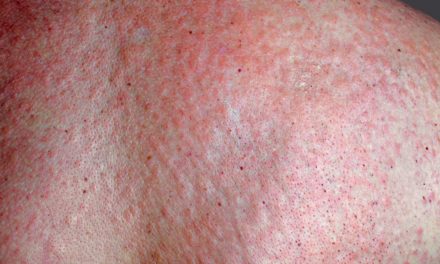1. Cleansing:
Keeping your skin clean is essential. Use a mild, non-comedogenic cleanser to wash your face twice a day. This helps remove excess oil, dirt, and dead skin cells that can contribute to pimples.
2. Topical Treatments:
- Benzoyl Peroxide: An over-the-counter cream or gel containing benzoyl peroxide can help kill bacteria and reduce oil production.
- Salicylic Acid: This ingredient helps exfoliate the skin and unclog pores, making it effective for treating mild acne.
- Sulfur: Sulfur-based products can help reduce inflammation and unclog pores.
3. Tea Tree Oil:
Known for its antibacterial properties, tea tree oil can be applied topically to reduce pimples. Remember to dilute it before use.
4. Honey and Cinnamon Mask:
Mixing honey and cinnamon to create a paste can help fight bacteria and soothe inflammation when applied as a mask.
5. Ice Compress:
Applying an ice compress to a pimple can reduce inflammation and redness by constricting blood vessels.
6. Aloe Vera Gel:
Aloe Vera has anti-inflammatory properties and can help soothe irritated skin. Apply some amount on your face.
7. Green Tea:
Applying cool, steeped green tea bags to your skin can provide antioxidants and help reduce inflammation.
8. Apple Cider Vinegar:
Diluted apple cider vinegar can be used as a toner to balance the skin’s pH and reduce the growth of bacteria.
9. Over-the-Counter Pimple Patches:
These patches contain hydrocolloid that can help draw out pus and reduce the appearance of pimples.
10. Proper Diet and Hydration:
A balanced diet rich in fruits, vegetables, whole grains, and lean proteins can promote healthy skin. water helps in hydrating your skin.
11. Stress Management:
High stress levels can exacerbate pimples. Practice techniques like deep breathing, yoga and meditation.
12. Avoid Touching and Picking:
Touching or picking at pimples can worsen inflammation and lead to scarring. Don’t touch your face.
13. Clean Pillowcases and Sheets:
Regularly change your pillowcases and bed sheets to prevent the buildup of oil, dirt, and bacteria.
14. Sun Protection:
Use a non-comedogenic sunscreen to protect your skin from harmful UV rays, which can worsen acne and lead to dark spots.
Remember, individual results may vary, and it’s important to be patient with any remedy you try. If your acne is severe or persistent, consider consulting dermatologist for personalized advice and treatment options.










